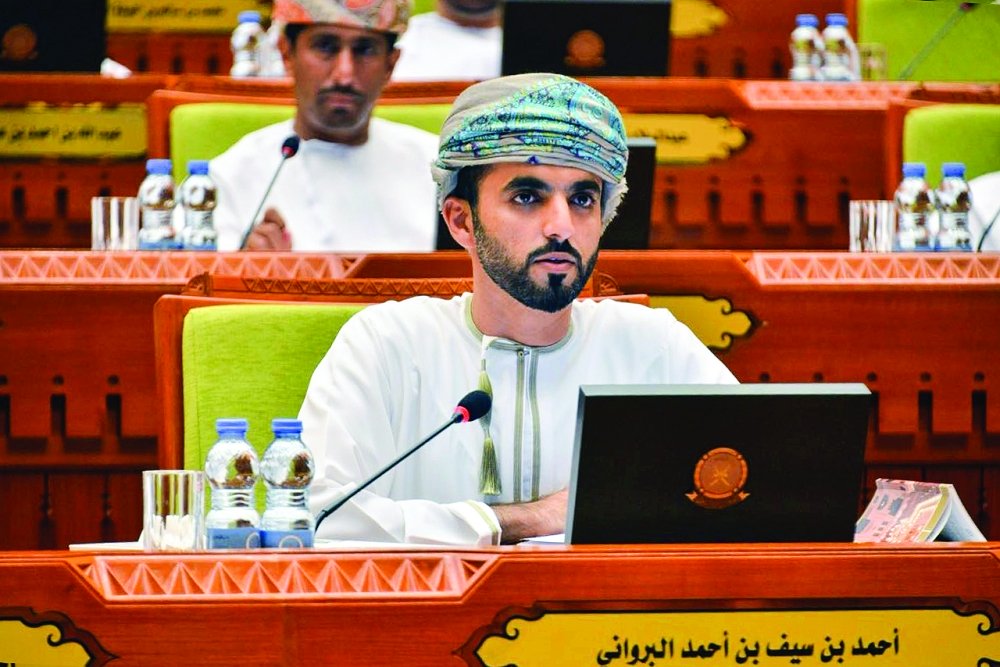
Muscat: In the coming budget, private-public partnerships (PPP) will be discussed to boost the Oman economy, according to a Majlis Al Shura member who attended the 2017 budget session.
“We are considering more PPP models to fuel the economy, as proposed by Tanfeedh labs. We will seriously consider this to lessen the budget burden,” Ahmed bin Saif Al Barwani, Majlis Al Shura member, told Times of Oman. PPP models have been proposed by the Finance Labs of Tanfeedh.
**media[553281]**
According to Tanfeedh, OMR252m PPP in projects are being weighed for 2017. Further, in 2018, projects worth OMR504m are being considered.
Tanfeedh wants the value of projects to be increased to OMR756m in 2019 and to OMR1,080m by 2020.
“OMR1b worth of PPP projects will be made available for bidding between 2017 and 2020,” Tanfeedh reported.
Tanfeedh says that Ministries and government bodies will use a new method to identify their needs, while the Supreme Council of Planning will evaluate and rank projects before they are begun.
While welcoming the move, Shahswar Al Balushi, CEO of Oman Society of Contractors (OSC), said that the PPP model depends on the projects’ criteria.
“All projects cannot be carried out as PPP models. It all depends. However, in certain cases it is a good model and it can help the economy,” Shahswar said.
Government statistics reveal that Oman’s budget deficit inched up to OMR4.42bn at the end of September, from OMR4.37bn one month earlier.
The government’s budget gap for the January-September period of 2016 was 51 per cent higher than the OMR2.93bn deficit recorded in the same period in 2015, mainly due to the large decline in oil revenues.
Meanwhile, Dr Anchan CK, an investment advisor in Oman, said the government will look to the private sector as another source of funding.
“With the current financial crisis, the government will increasingly turn to the private sector as an alternative additional source of funding to meet the funding gap, while recent attention has been focused on fiscal risk,” the investment advisor said.
“Policymakers are finding that public–private partnerships (PPPs) can become catalysts for economic growth. This means policymakers must craft a strategy for infrastructure development and then ensure their actions—governed by established policies,” he added.
According to the advisor, the opportunity to drive economic growth with infrastructure PPPs is particularly rich in Oman.
“PPPs can also free up government resources for other public priorities. Evidence suggests that the more PPP projects are launched in a nation, the higher the rate of GDP growth. Although the short term boost to economic growth is relatively small, it has a significant cumulative effect over time,” he added.
Tanfeedh has proposed that the Ministry of Housing modify the existing legislation associated with allowing property developers to own multiple properties, and instead form a property management corporation. Tanfeedh also proposed that the Capital Market Authority (CMA) introduce regulations and legislation to allow for the creation of Real Estate Investment Trusts.
This year, as part of the expense controls, the Ministry of Finance issued a series of circulars aimed at controlling and managing spending, including levies on government officials’ cars and travel.
Earlier this year, petrol and diesel subsidies were also reduced, and similar cuts are planned
for electricity and liquid petroleum gas.